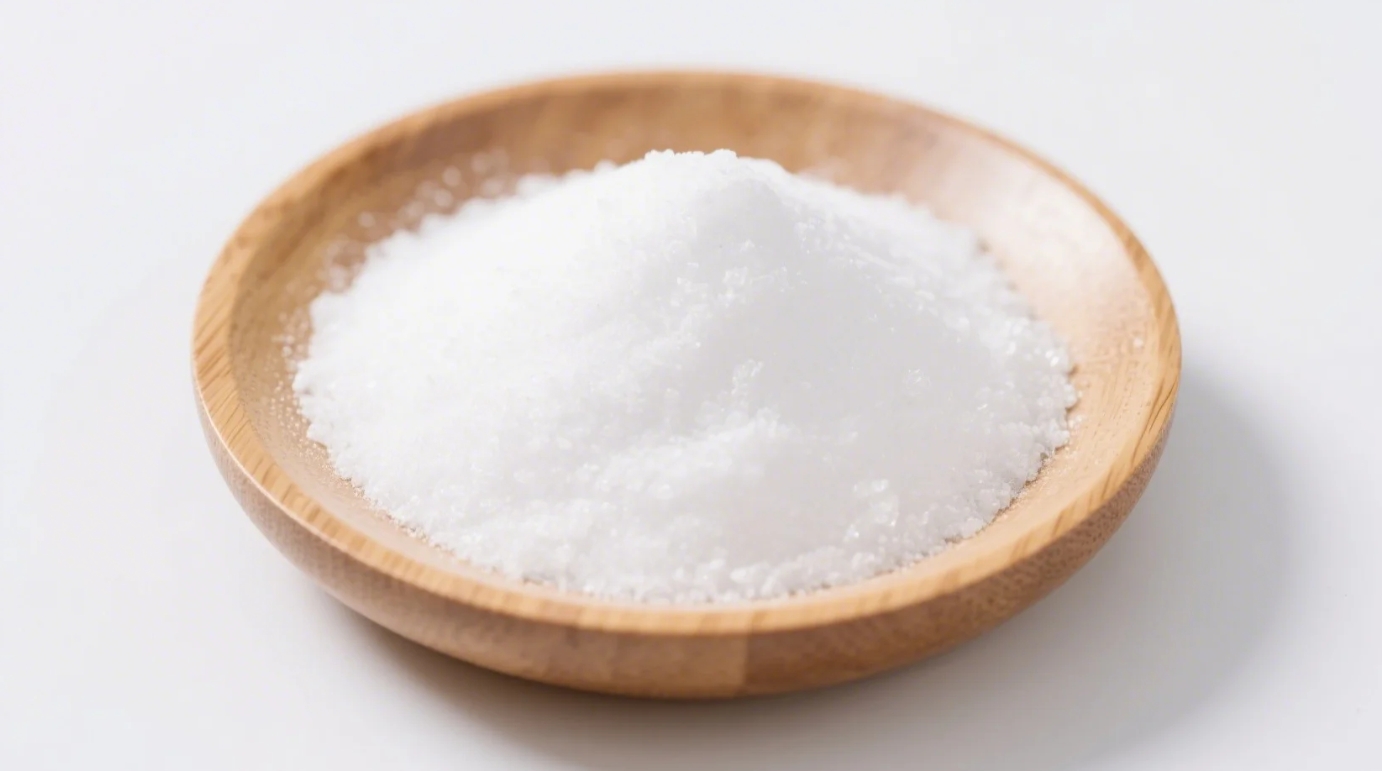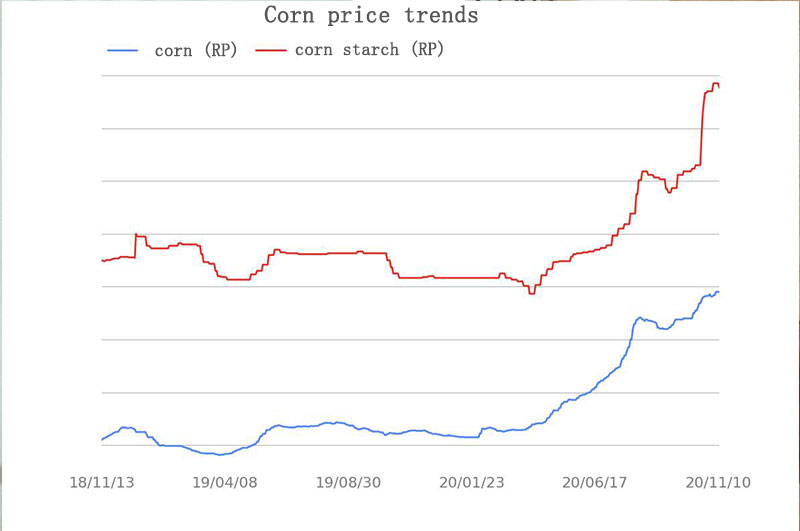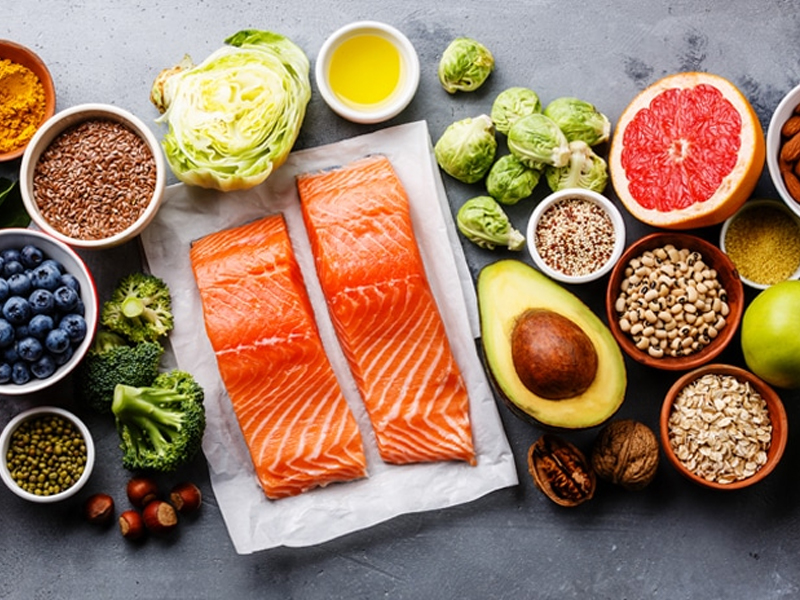Xylitol is often hailed as a “tooth-friendly” sugar substitute, but you’ve probably noticed your dentist hasn’t jumped on the bandwagon. While organic xylitol powder can be a game-changer for oral health, its reputation isn’t spotless—and dentists’ reservations often stem from misuse, quality concerns, and conflicting research. Let’s unpack the science, compare organic vs. regular xylitol, and reveal when this sweetener truly shines.
Why Some Dentists Hesitate to Recommend Xylitol
- Overhyped Benefits, Underwhelming Results
- Claim: Xylitol reduces cavities by inhibiting Streptococcus mutans bacteria.
- Reality: Studies show consistent, long-term use (5g/day, 3+ times daily) is needed—something most users don’t achieve.
- Digestive Side Effects
- Issue: Even 10g can cause bloating, gas, or diarrhea in sensitive guts.
- Dentists’ Concern: Patients blame xylitol for discomfort, abandoning good oral habits.
- Pet Toxicity
- Risk: Just 0.1g/kg can kill dogs (e.g., 1 tsp for a 10kg dog). Dentists worry about accidental spills.
- Mixed with Harmful Sweeteners
- Market Reality: Many “xylitol” gums/mints blend it with aspartame or sorbitol, negating benefits.
- Tooth Erosion in Sugar-Free Products
- Acidic Additives: Xylitol candies often contain citric acid, which erodes enamel despite no sugar.
Organic Xylitol vs. Regular: Key Differences
| Factor | Organic Xylitol Powder | Regular Xylitol |
|---|---|---|
| Source | Non-GMO birch or coconut husk | Often GMO corn (pesticide residues) |
| Processing | Fermented naturally, no bleach | Chemically extracted with sulfuric acid |
| Purity | 99.9% xylitol, no fillers | May contain dextrose or maltodextrin |
| Efficacy | Higher bacterial inhibition | Less potent due to impurities |
When Should You Use Organic Xylitol?
- Post-Meal Oral Rinse: Dissolve ½ tsp in water to neutralize acid and reduce plaque.
- Homemade Toothpaste: Mix with coconut oil and baking soda.
- Sugar-Free Baking: Substitute 1:1 in recipes (won’t feed cavity-causing bacteria).
- Dry Mouth Relief: Stimulates saliva without spiking glucose.
Why Dentists Approve Organic Xylitol—If Used Right
- Birch-Based Purity: Organic xylitol from birch (not corn) avoids pesticide runoff linked to hormonal disruption.
- No Hidden Additives: Guarantees no erosive acids or artificial sweeteners.
- Eco-Friendly: Sustainable sourcing protects pollinators (corn-based xylitol harms bee habitats).
Safe Usage Tips for Maximum Benefit
- Timing: Use after meals/snacks, 3x daily (e.g., gum, mints, or rinses).
- Dosage: Stick to 5–10g/day (1–2 tsp) to avoid gut issues.
- Pet-Proofing: Store airtight, away from pets.
Who Should Avoid Xylitol?
- IBS/IBD Patients: FODMAP-sensitive guts can’t tolerate even small amounts.
- Frequent Snackers: Xylitol alone won’t offset constant acidic exposure.
- Dog Owners: Too risky if pets roam the kitchen.
Dentists don’t universally recommend xylitol because most products are misused, impure, or paired with harmful ingredients. However, organic xylitol powder—when sourced responsibly and used strategically—can be a powerful ally against cavities. It’s not a magic bullet, but part of a holistic oral care routine that includes brushing, flossing, and regular checkups.
Recommended Product
Organic Xylitol
Natural Sugar Alcohol for Tooth-Friendly, Low-Glycemic Formulations


